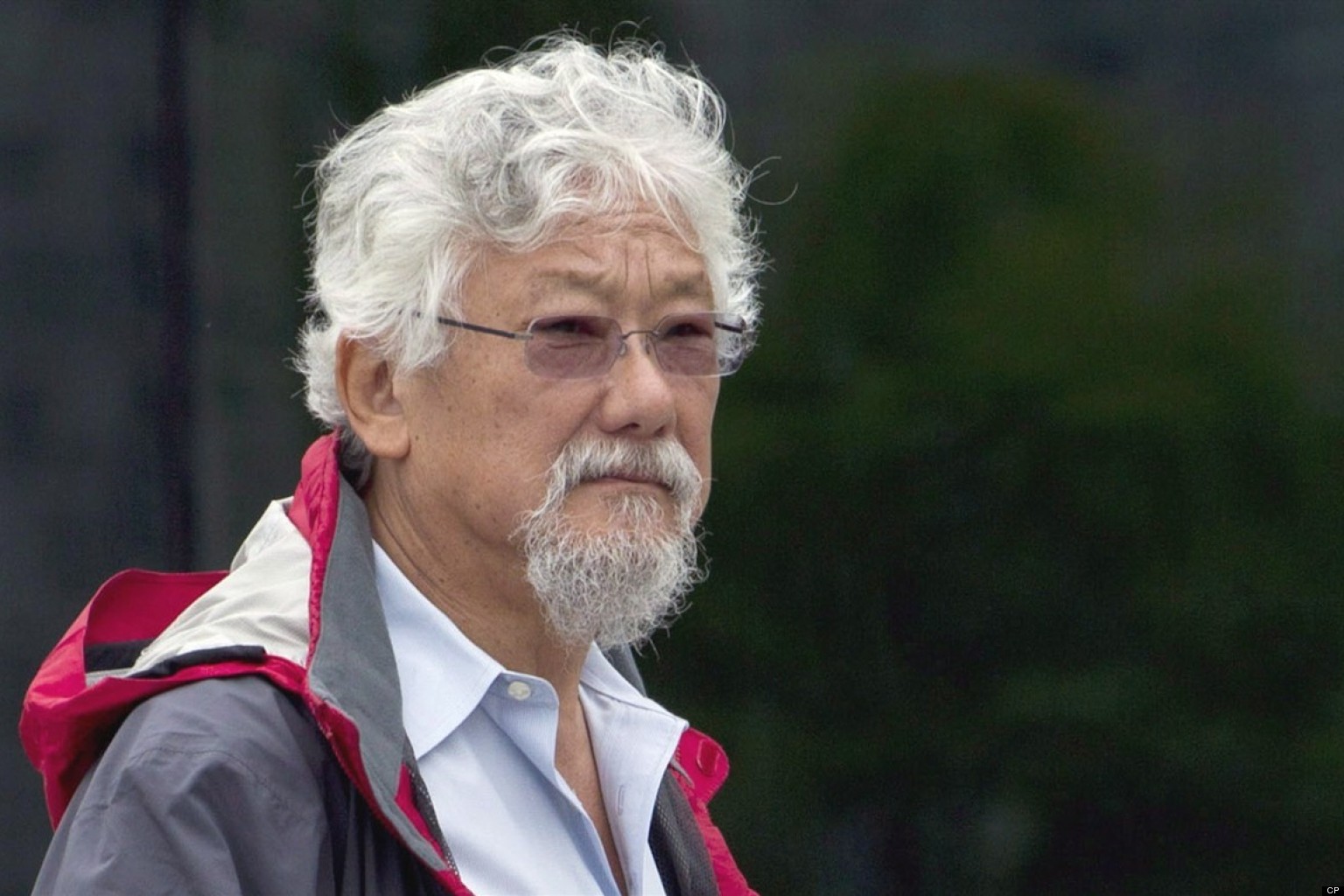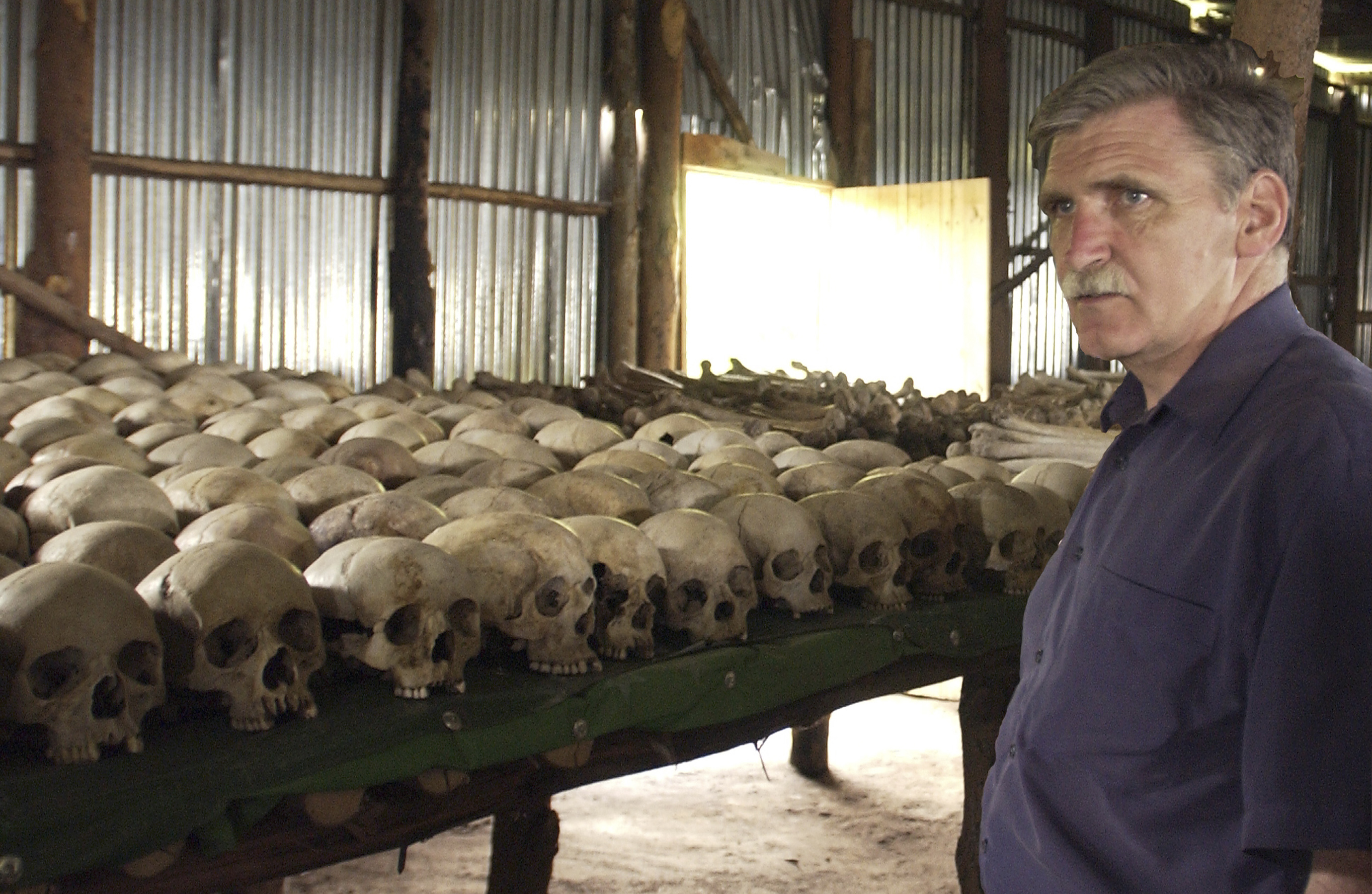I recently finished reading The Shock Doctrine: The Rise of Disaster Capitalism by Naomi Klein. Naomi explores how shock and awe tactics have been used by governments to push a population into submission so that the government can force unpopular policies or changes on the people. She explores the history of shock therapy (on humans and also on markets) and how it has evolved over time. This was a really gripping book to read, and extremely insightful. I highly recommend reading it.
Here are my favourite quotes from The Shock Doctrine:
“A more accurate term for a system that erases the boundaries between Big Government and Big Business is not liberal, conservative or capitalist but corporatist. Its main characteristics are huge transfers of public wealth to private hands, often accompanied by exploding debt, an ever-widening chasm between the dazzling rich and the disposable poor, and an aggressive nationalism that justifies bottomless spending on security.” p18
“A free market in consumer products can coexist with free public health care, with public schools, with a large segment of the economy – like a national oil company – held in state hands. It’s equally possible to require corporations to pay decent wages, to respect the right of workers to form unions, and for governments to tax and redistribute wealth so that the sharp inequalities that mark the corporatist state are reduced. Markets need not be fundamentalist.” p24
“Once again,, the human impact was unmistakable: within a year, wages lost 40 percent of their value, factories closed, poverty spiraled. Before the junta took power, Argentina had fewer people living in poverty than France or the U.S. – Just 9 percent – and an unemployment rate of only 4.2 percent. Now the country began to display sign of the underdevelopment thought to have been left behind. Poor neighborhoods were without water, and preventable diseases ran rampant.” p104
“Since the fall of Communism, free markets and free people have been packaged as a single ideology that claims to be humanity’s best and only defence against repeating a history filled with mass graves, killing fields and torture chambers. Yet in the Southern Cone, the first place where the contemporary religion of unfettered free markets escaped from the basement workshops of the University of Chicago and was applied in the real world, it did not bring democracy; it was predicated on the overthrow of democracy in country after country. And it did not bring peace but required the systematic murder of tens of thousands and the torture of between 100,000 and 150,000 people.” p121
“Is neo-liberalism an inherently violent ideology, and is there something about its goals that demands this cycle of brutal political cleansing, followed by human rights cleanup operations?” p151
“It was in 1982 that Milton Friedman wrote the highly influential passage that best summarizes the shock doctrine: ‘Only a crisis – actual or perceived – produces real change. When that crisis occurs, the actions that are taken depend on the ideas that are lying around. That, I believe, is our basic function: to develop alternatives to existing policies, to keep them alive and available until the politically impossible becomes politically inevitable.’ It was to become a kind of mantra for his movement in the new democratic era. Allan Meltzer elaborated on the philosophy: ‘Ideas are alternatives waiting on a crisis to serve as the catalyst of change. Friedman’s model of influence was to legitimize ideas, to make them bearable, and worth trying when the opportunity comes.” p166
“’Well, what is the sense of ruining my head and erasing my memory, which is my capital, and putting me out of business? It was a brilliant cure but we lost the patient.’ – Ernest Hemingway on his electroshock therapy, shortly before committing suicide, 1961” p185
“This is where Friedman’s crisis theory became self-reinforcing. The more the global economy followed his prescriptions, with floating interest rates, deregulated prices and export-oriented economies, the more crisis-prone the system became, producing more and more of precisely the type of meltdowns he had identified as the only circumstances under which governments would take more of his radical advice.” p190
“It was a staggering admission. At this point in history, the bank and the fund were publicly insisting that governments the world over had seen the light and realized that the Washington Consensus policies were the only recipe for stability, and therefore democracy. Yet here was an acknowledgement, made inside the Washington establishment, that developing countries were submitting to them only through a combination of false pretences and bald extortion: privatization and free trade – two central pieces of the structural adjustment package – had no direct link with creating stability. To argue otherwise, according to Rodrik, was ‘bad economics.’” p197
“What Argentina’s leaders pulled off in this period was a psychological more than an economic technique. As Cavallo, a junta veteran, well understood, in moments of crisis, people are willing to hand over a great deal of power to anyone who claims to have a magic cure – whether the crisis is a financial meltdown or, as the Bush administration would later show, a terrorist attack.” p200
“A long-time anti-apartheid activist, Rassool Snyman, described the trap to me in stark terms. ‘They never freed us. They only took the chain from around our neck and put it on our ankles.’” p244
“If she had to do the process over again, Sooka said, ‘I would do it completely differently. I would look at the systems of apartheid – I would look at the question of land, I would certianly look at the role of multinationals, I would look at the role of the mining industry very, very closely because I think that’s the real sickness of South Africa… I would look at the systematic effects of the policies of apartheid, and I would devote only one hearing to torture because I think when you focus on torture and you don’t look at what it was serving, that’s when you start to do a revision of the real history.’” p254
“In the end, South Africa has wound up with a twisted case of reparations in reverse, with the white businesses that reaped enormous profits from black labour during the apartheid years paying not a cent in reparations, but the victims of apartheid continuing to send large paycheques to their former victimizers.” p256
“Redistribute the land so millions can sustain themselves from it, demanded the framers of the Freedom Charter, and take back the mines so the bounty can be used to build houses and infrastructure and create jobs in the process. In other words, cut out the middle-man. Those ideas may sound like utopian populism to many earss, but after so many failed experiments in Chicago School orthodoxy, the real dreamers may be those who still believe that a scheme like the Freedom Charter theme park, which provided handouts to corporations while further dispossessing the neediest people, will solve the pressing health and economic problems for the 22 million South Africans still living in poverty.” p258
“Once you accept that profit and greed as practised on a mass scale create the greatest possible benefits for any society, pretty much any act of personal enrichment can be justified as a contribution to the great creative cauldron of capitalism, generating wealth and spurring economic growth – even if it’s only for yourself and your colleagues.”
“Thomas Friedman was forthright about what it meant for Iraq to be selected as the model. ‘We are not doing nation-building in Iraq. We are doing nation-creating,’ he wrote – as if shopping around for a large, oil-rich Arab nation to create from scratch was a natural, even ‘noble’ thing to do in the twenty-first century.” p397
“Terrorists don’t try to win through direct confrontation; they attempt to break public morale with spectacular, televisual displays that at once expose their enemy’s vulnerability and their own capacity for cruelty. That was the theory behind the 9/11 attacks, just as it was the theory behind the invasion of Iraq.” p 400
“Corruption during the occupation was not the result of poor management but f a policy decision: if Iraq was to be the next frontier for Wild West capitalism, it needed to be liberated from laws.” p430
“Iraq under Bremer was the logical conclusion of Chicago School theory: a public sector reduced to a minimal number of employees, mostly contract workers, living in a Halliburton city state, tasked with signing corporate-friendly laws drafted by KPMG and handing out duffle bags of cash to Western contractors protected by mercenary soldiers, themselves shielded by full legal immunity.” p432
“For the Bush administration, it was a natural evolution: after claiming it had a right to cause unlimited pre-emptive destruction, it then pioneered pre-emptive reconstruction – rebuilding places that have not yet been destroyed.” p460
“Just as the U.S. Occupation authority in Iraq turned out to be an empty shell, when Katrina hit, so did the U.S. Federal government at home. In fact, it was so thoroughly absent that FEMA coud not seem to locate the New Orleans superdome, where twenty-three thousand people were stranded without food or water, despite the fact that the world media had been there for days.” p492
“The actual state, meanwhile, has lost the ability to perform its core functions without the help of contractors. Its own equipment is out of date, and the best experts have fled to the private sector. When Katrina hit, FEMA had to hire a contractor to award contracts to contractors.” p502
“The truth is at once less sinister and more dangerous. An economic system that requires constant growth, while bucking almost all serious attempts at environmental regulation, generates a steady stream of disasters all on its own, whether military, ecological or financial. The appetite for easy, short-term profits offered by purely speculative investment has turned the stock, currency and real estate markets into crisis-creation machines, as the Asian financial crisis, the Mexican peso crisis and the dot-com collapse all demonstrate.” p513
“The discarding of 25 to 60 percent of the population has been the hallmark of the Chicago School crusade since the ‘misery villages’ began mushrooming throughout the Southern Cone in the seventies. In South Africa, Russian and New Orleans the rich build walls around themselves. Israel has taken this disposal process a step further: it has built walls around the dangerous poor.” p532




Leave a Reply